Here you can find lessons to do in class or at home that will teach you about some of the animals studied by oceanographers.
Shark Attack
Sharks are incredible hunters of the sea, with the ability to swim at 50km/h, and the learning capabilities to hunt only the most nutritious prey available. On this page you can learn all about sharks, how they are adapted to hunt and kill , and see...
March of the Polar Bears
You can use these resources to carry out your own research into the adaptations of Polar Bears to their environment and the threats they face as a result of global warming. On this page you can read up on some polar bear facts by clicking here , check...
Secchi Disk
Knowing how far into the water column the light penetrates and how it behaves within the water column is very important information to marine scientists. The Photic Zone is the upper section of the water column, where there is sufficient light to allow...
Temperature and Salinity
The ocean helps shape climate around the world. Ocean currents transport heat from equator towards the poles, releasing heat to the atmosphere and influencing regional rainfall patterns. In coastal waters the temperature and salinity can have a significant...
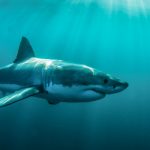
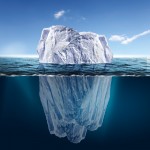
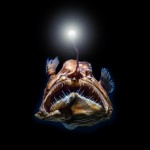
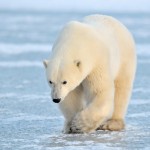
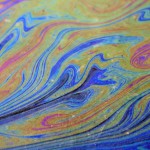
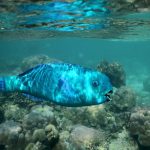
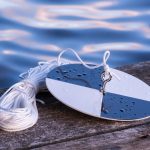
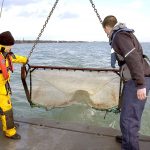
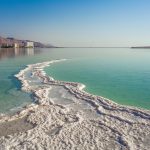
Follow us on Facebook and YouTube